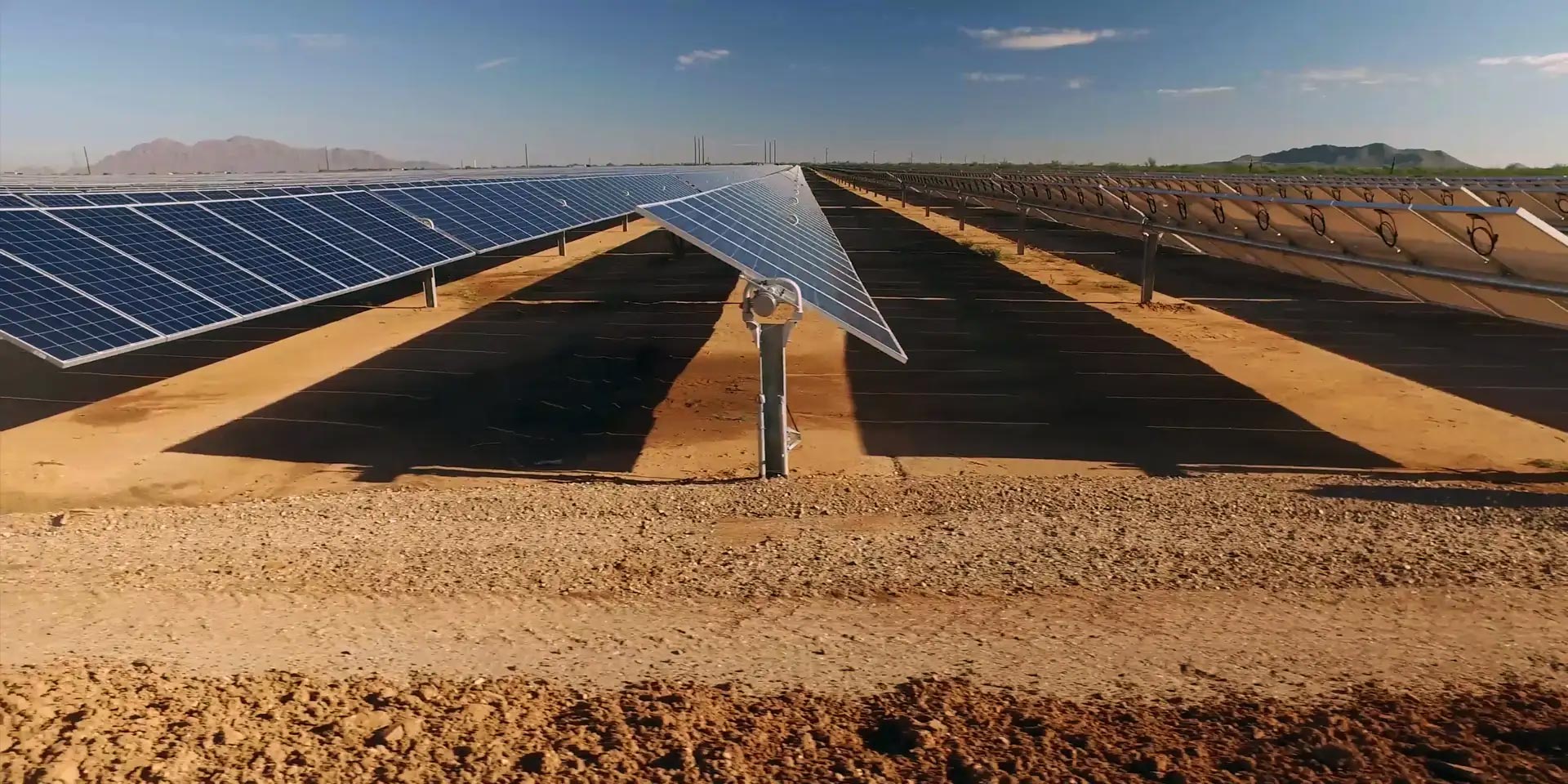Finance Sector & Emissions
AGL | CEF NEWSLETTER | China | CHINA MONTHLY ENERGY UPDATE | Coal/electricity/electrification | Critical minerals | CRITICAL MINERALS SERIES 2022-23 | Decarbonisation | Energy Crisis | Finance Sector & Emissions | Green Iron | Hydrogen | India & Adani | Nuclear | Podcasts | Solar | Submissions | Taxes & subsidies | US IRA/ NZIA et al |
OP ED | Intergenerational Report: Opportunity Remains To Mobilise Super For Net-Zero Transformation
CEF Special Advisor Paul Oosting looks at Australia’s opportunity to reform superannuation benchmarks to support investment in energy transition in light of last week’s release of the Intergenerational Report by Treasurer Jim Chalmers. Read more
CBA’s oil and gas policy ratchets up shift of finance away from fossil fuels and meets the minimum global standard
CBA released a landmark fossil fuel financing policy that rules out project finance for new (greenfield) oil and gas (O&G) extraction and for expansions of existing (brownfield) O&G extraction. CBA will also require fossil fuel clients to commit to verifiable transition plans by 2025 encompassing Scope 1, 2 and 3 emissions and aligned to a Paris Agreement “well below 2 degrees” pathway. Read more
PRESENTATION | United Nations Sustainable Development Goals: Climate finance and the Australian opportunity
Global climate financing momentum is accelerating towards a decarbonised economy. Australia has a once in a lifetime opportunity to invest to generate affordable clean energy (SDG 7) create economic strength (SDG 8), responsible production (SDG 12) and act to mitigate climate change this decade (SDG 13). Read more
BNP Paribas policy excluding new oil and gas flags capital shift to decarbonisation
Last week, BNP Paribas (BNPP) released its oil and gas financing policy committing the bank to excluding the financing of new oil and gas fields, and making it the second largest bank in the world, after HSBC, to make such a commitment. This builds on BNPP’s target of January 2023 that by 2030, low-carbon energies would account for 4/5 of the Group’s financing for energy production. Read more
Macquarie FY2022/1H2023 | Climate Finance Assessment
Fifth in CEF’s climate finance analyses series of Australia’s Big 5 banks, Nishtha Aggarwal reviews the entirety of Macquarie Group’s climate impact across the Group’s four business lines, Macquarie Asset Management (MAM), Macquarie Capital (MacCap), Banking and Financial Services (BFS), and Commodities and Global Markets (CGM). We find The Group’s combined global 107GW portfolio of clean energy is unrivalled among major Australian financial institutions, but its dominance in conventional energy markets undermines the Group’s climate commitments by contributing to global warming above a 1.5 degree pathway. Read more
New green home partnership between CEFC and CBA a welcome step toward residential sector emissions reduction
A new partnership between the Clean Energy Finance Corporation and Australia’s biggest mortgage lender, CBA, to incentivise energy efficiency and cut emissions in the $9tn residential sector is a step in the right direction, but there is scope for more ambition. CEF analyst Nishtha Aggarwal takes a look. Read more
CBA FY2022 Full Year Results | Climate Finance Assessment
In the fourth in CEF’s series of climate finance analyses of Australia’s Big 5 banks, Nishtha Aggarwal reviews CommBank’s FY2022 full year financial disclosures across four climate themes. CBA is the largest Australian bank by market and plays a role in more than 40% of all domestic financial transactions. We find CBA is getting the trend right, setting a benchmark in sustainable finance transparency and success in oil and gas portfolio decarbonisation, but can still do more to pivot balance sheet financing of Australian climate solutions. Read more
CEF NEWS UPDATE | Hope restored as clean energy momentum escalates – our 2022 wrap
Our wrap of the top ten energy events in 2022, including the end of federal climate and energy policy chaos under the LNP, and our wishlist for an even better 2023! Read more
Westpac FY2022 Full Year Results | Climate Finance Assessment
In the third instalment in our series of climate finance analyses of Australia’s Big 5 banks, CEF’s Nishtha Aggarwal reviews Westpac’s FY2022 full year financial disclosures across 4 key themes. We find that while Westpac is making progress, e.g., mitigating greenwash through lending classifications that improve disclosure on sustainable finance, and decreasing coal, oil and gas lending, there is significant room to improve ambition across all 4 themes. Read more
UPDATE | ANZ 2022 Climate Change Investor Roundtable Climate Finance Assessment
A special update of CEF’s November 3 ANZ Climate Finance Assessment. In the same week that the CSIRO announced Australia has reached 1.47°C warming – 0.03 degrees shy of the Paris threshold – we were pleased to see ANZ renew its climate change commitment, boasting a massive uplift in decarbonisation finance with a $100bn pledge over 8 years, from FY2023 to FY2030. We track this positive move, and areas where there is still an urgent need for further ambition. Read more
CEF NEWS UPDATE | AGL victory | NAB: progress, but can do better | BlueScope Aus shuns green steel
Our latest update including the historic victory for decarbonisation at the AGL AGM, our deep dive into BlueScope’s plan to sink $1bn into carbon intensive blast furnace tech, and our most recent analyses of big banks’ climate efforts – this time focussing on NAB – and of the critical minerals industry, looking at Australian companies expanding offshore. Read more
National Australia Bank (NAB) FY22 Full Year Results –Climate Finance Assessment
In this second in CEF’s series of climate finance analyses of Australia’s big banks, CEF’s Nishtha Aggarwal scrutinises NAB’s efforts against four criteria key to assessing decarbonisation progress: its climate financing pledge, customer engagement, emissions intensity by sector, and its energy loan book. The news is mixed, with some progress, coupled with a need for a dramatic increase in ambition, as the analysis shows. Read more

